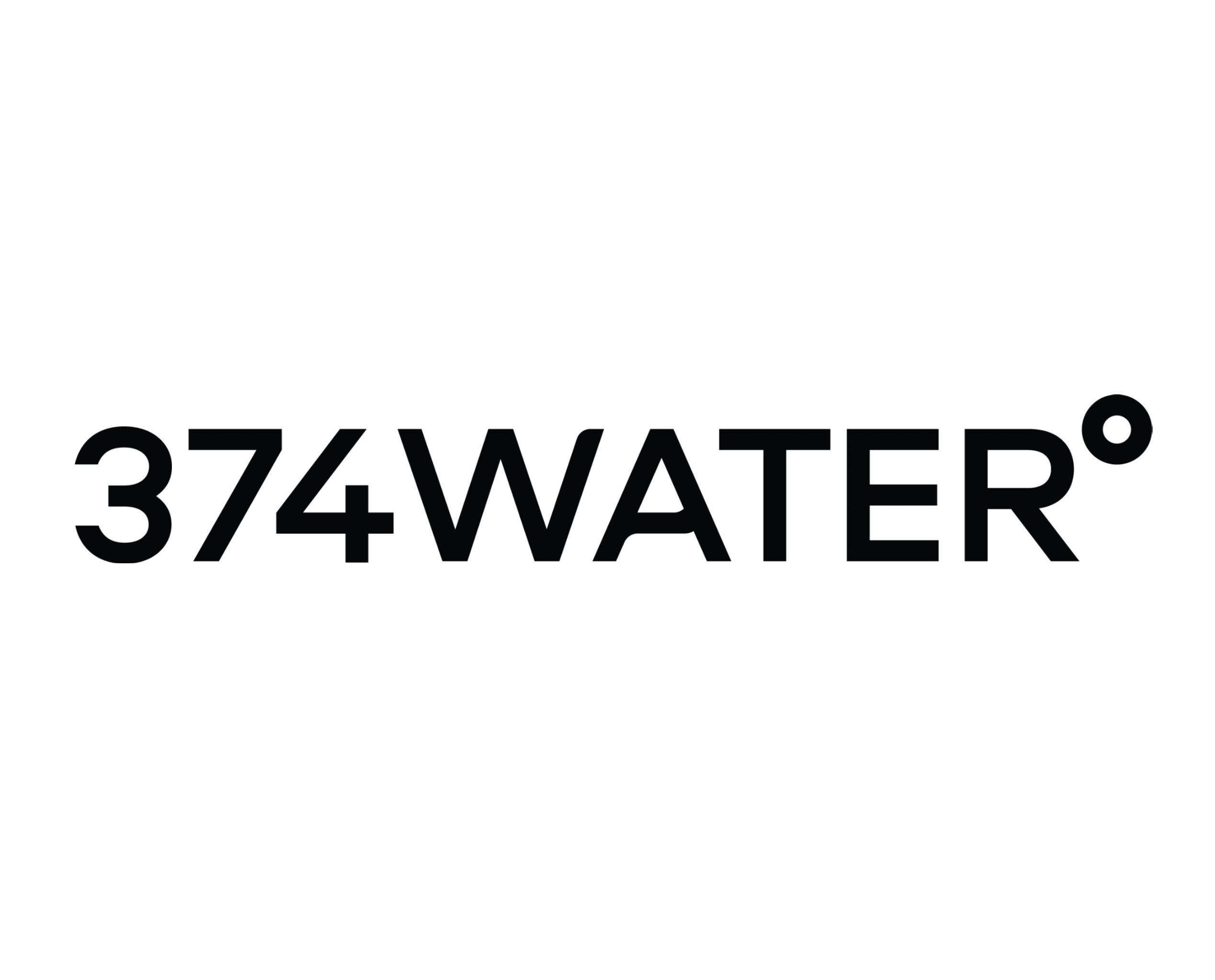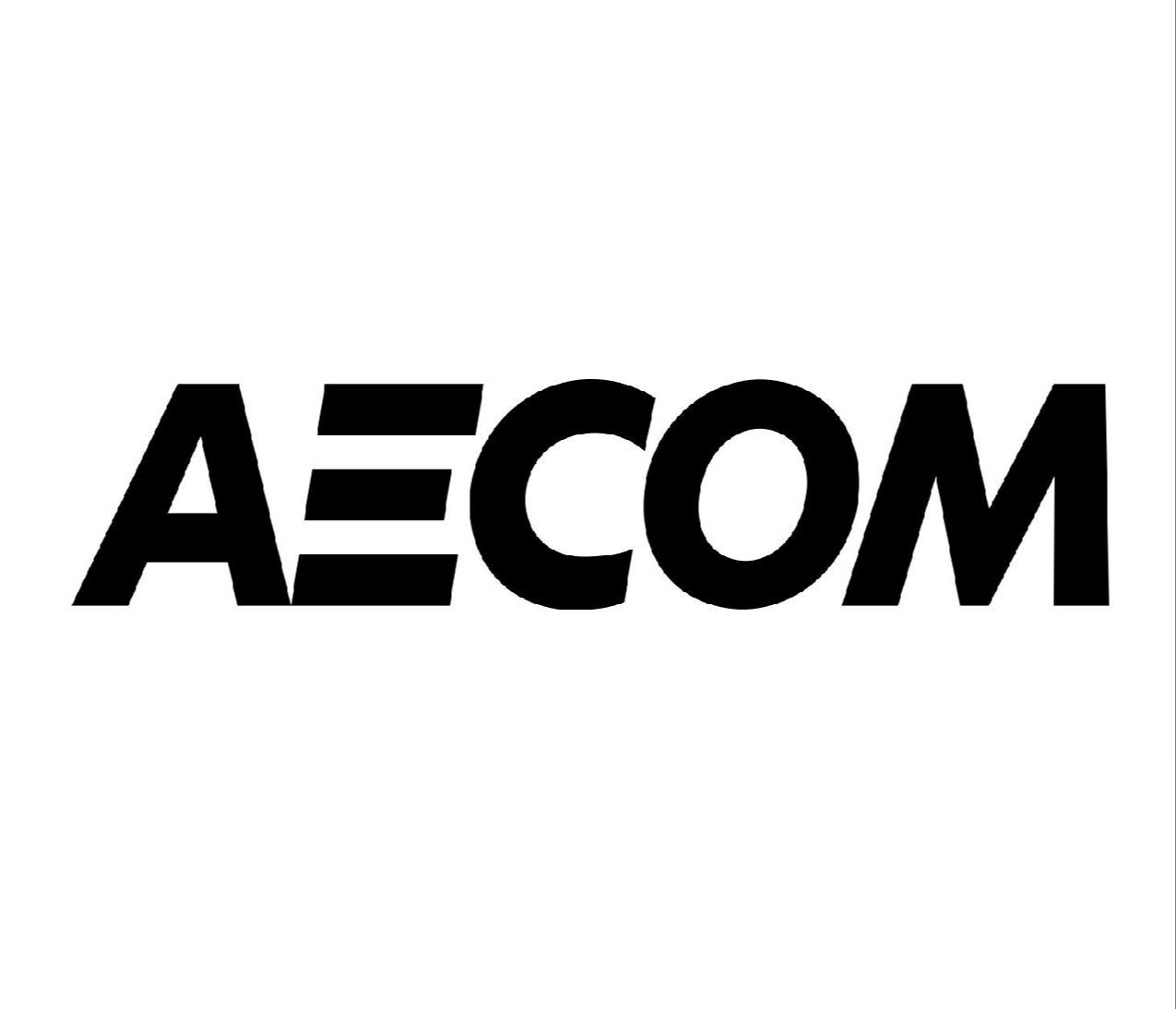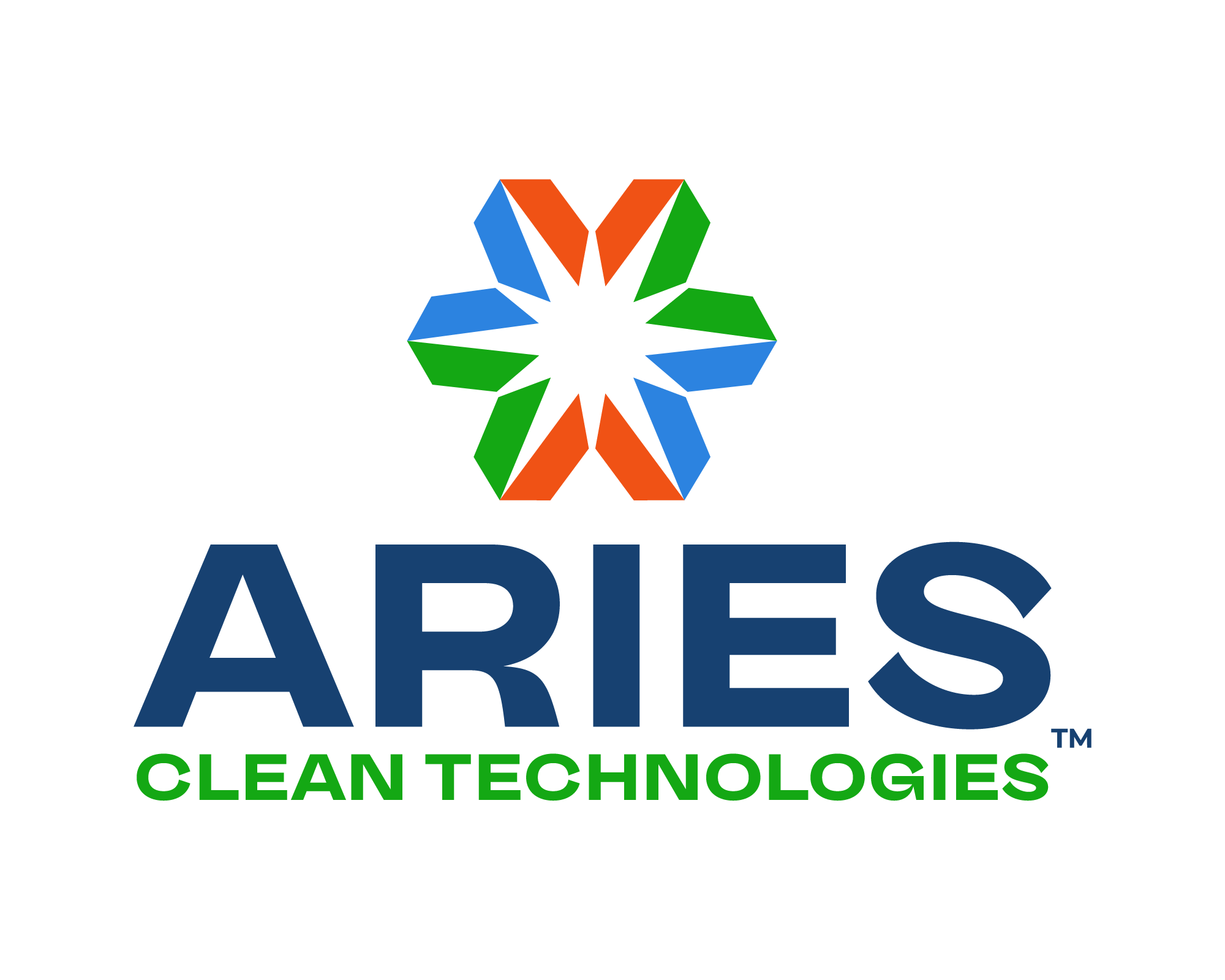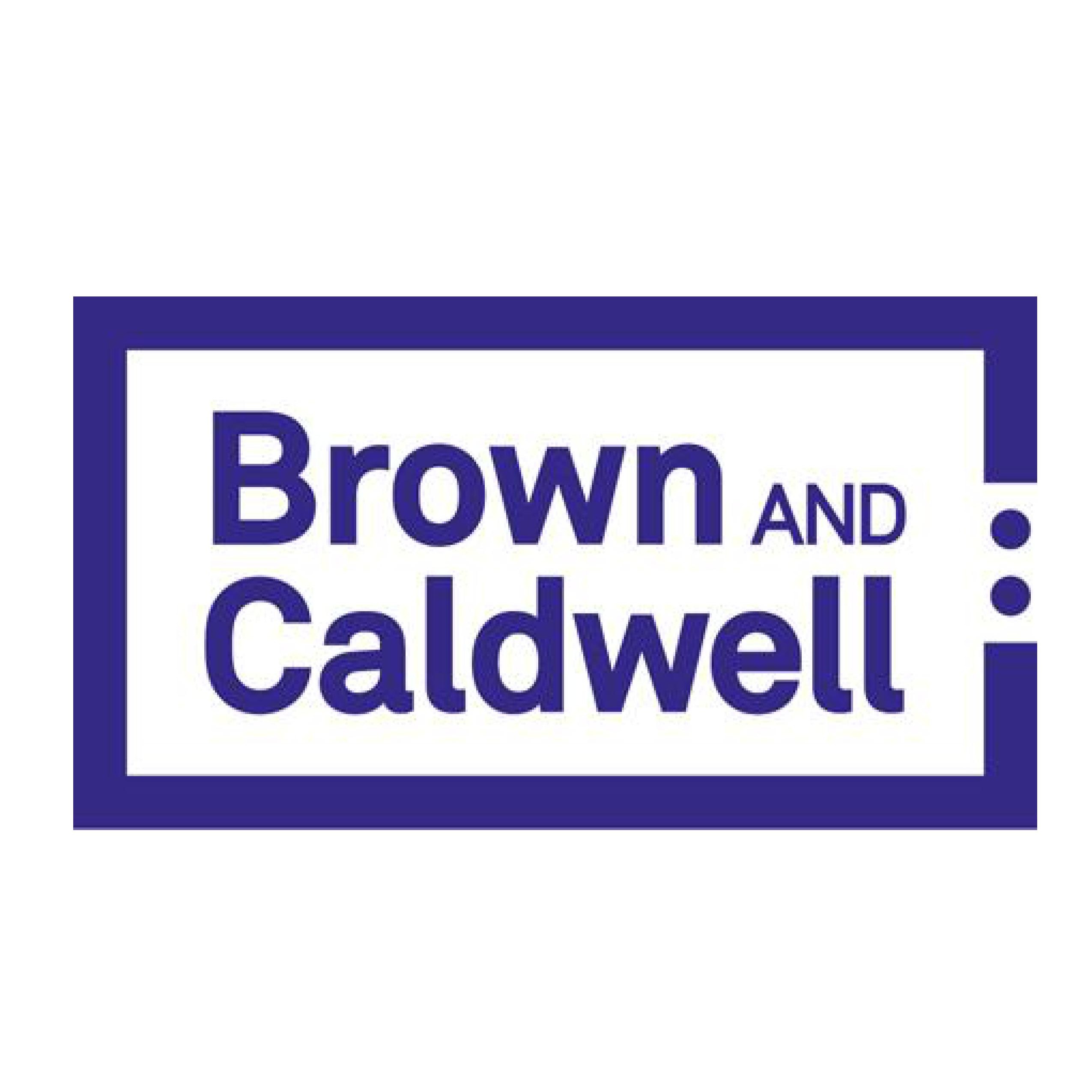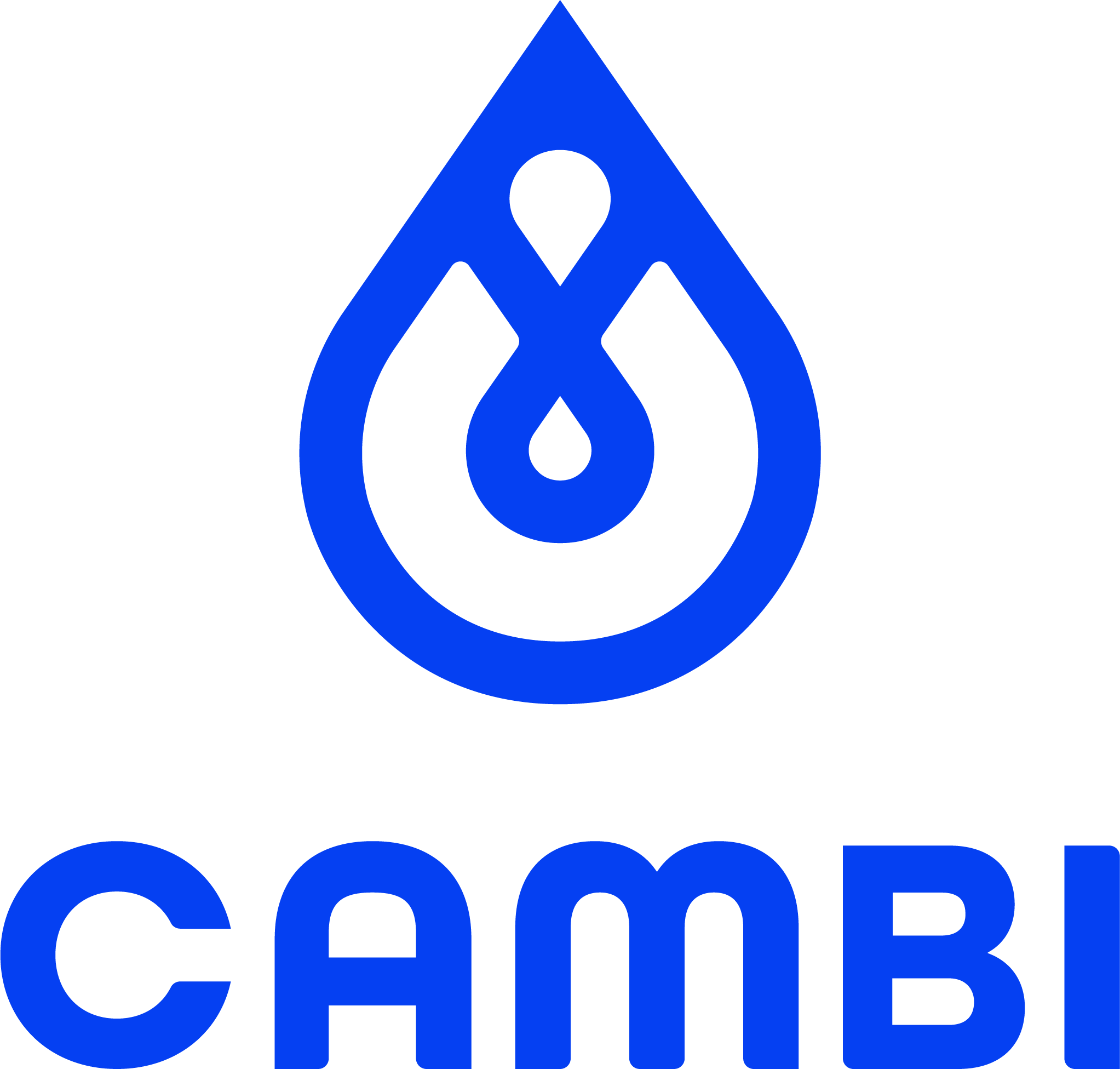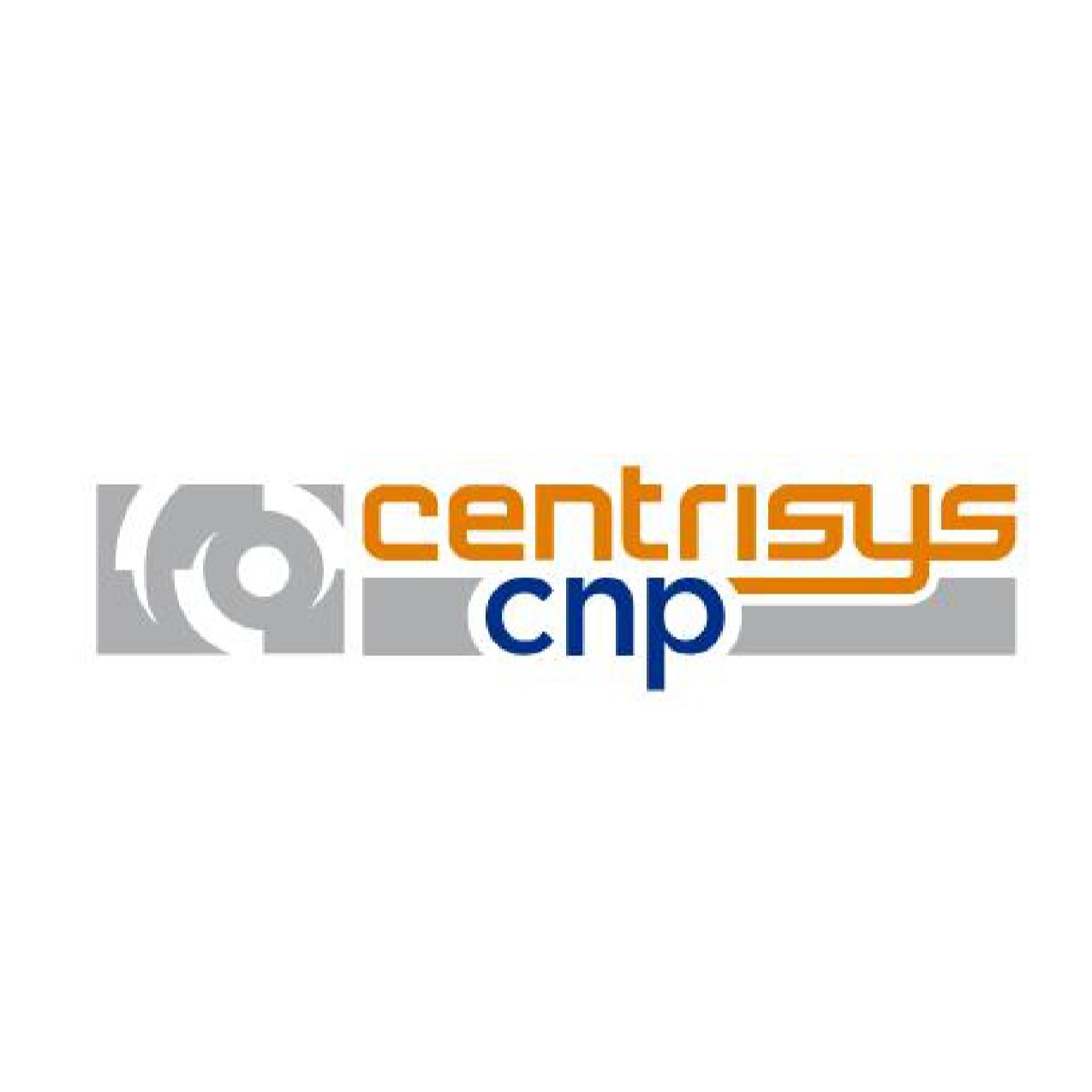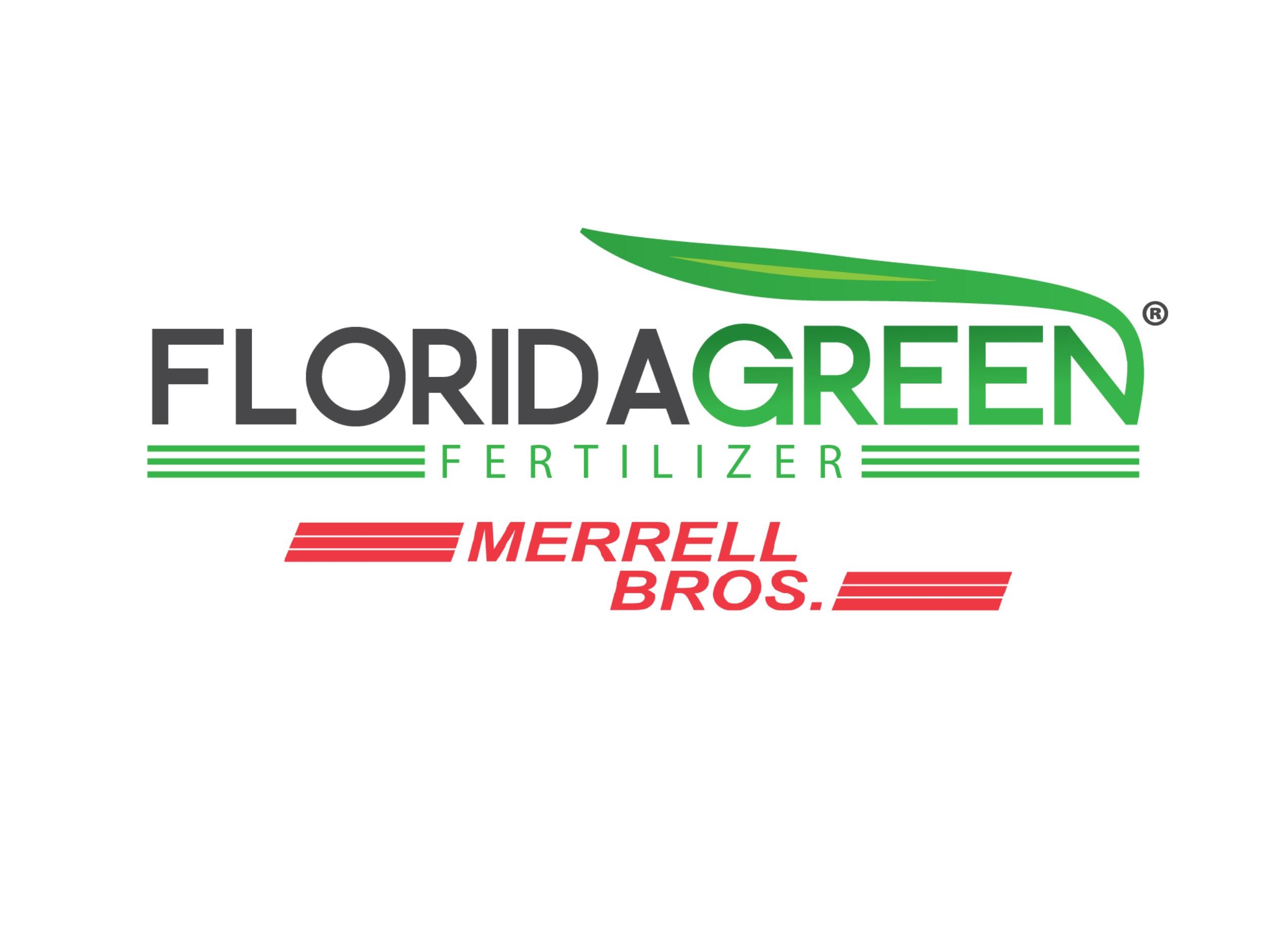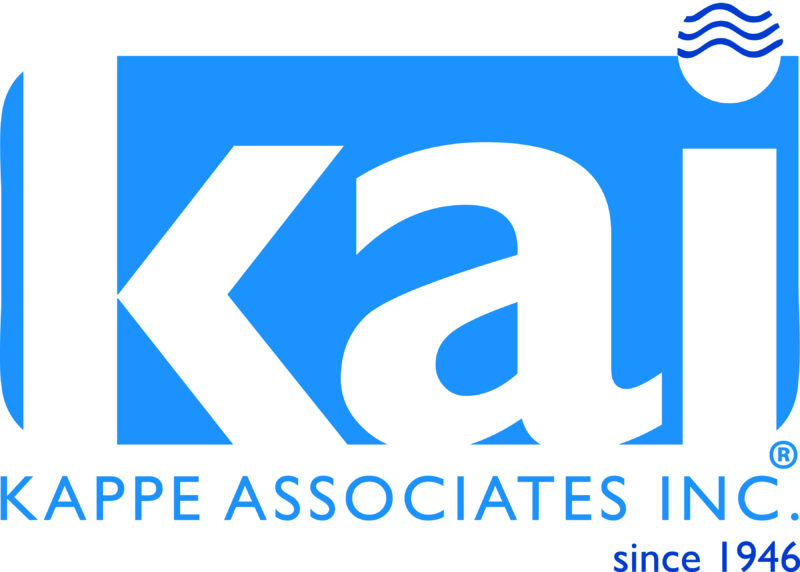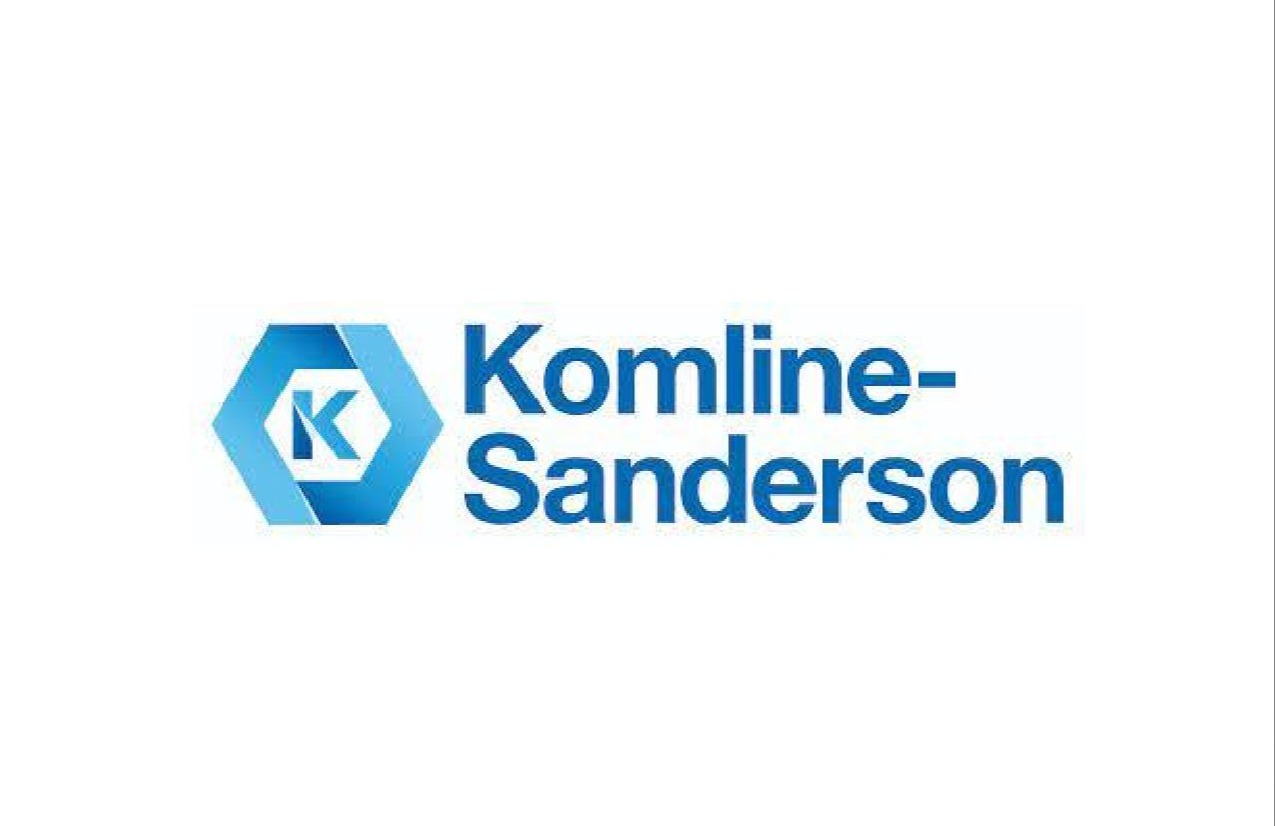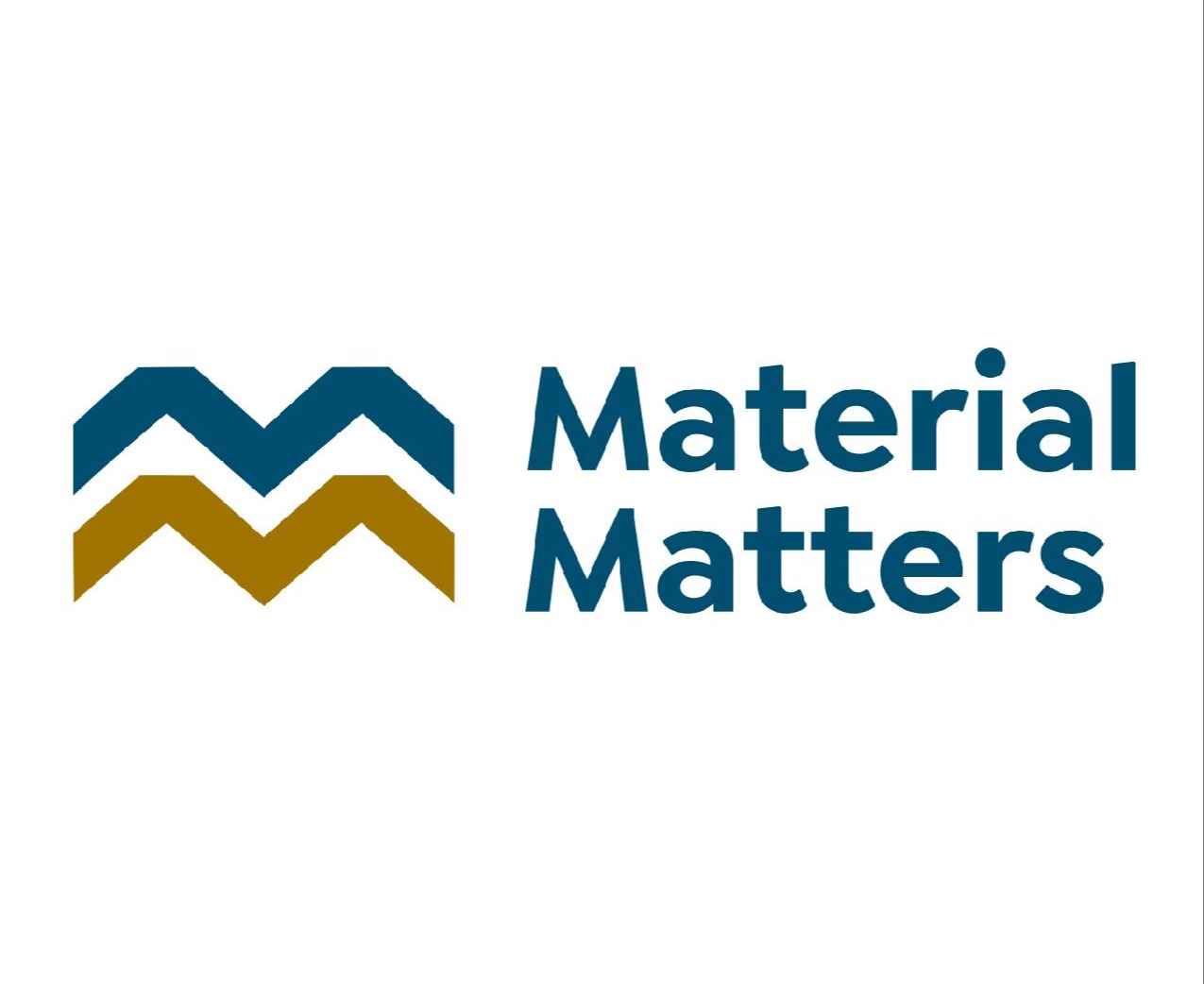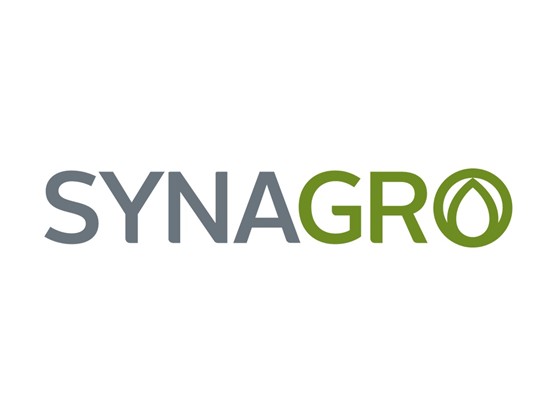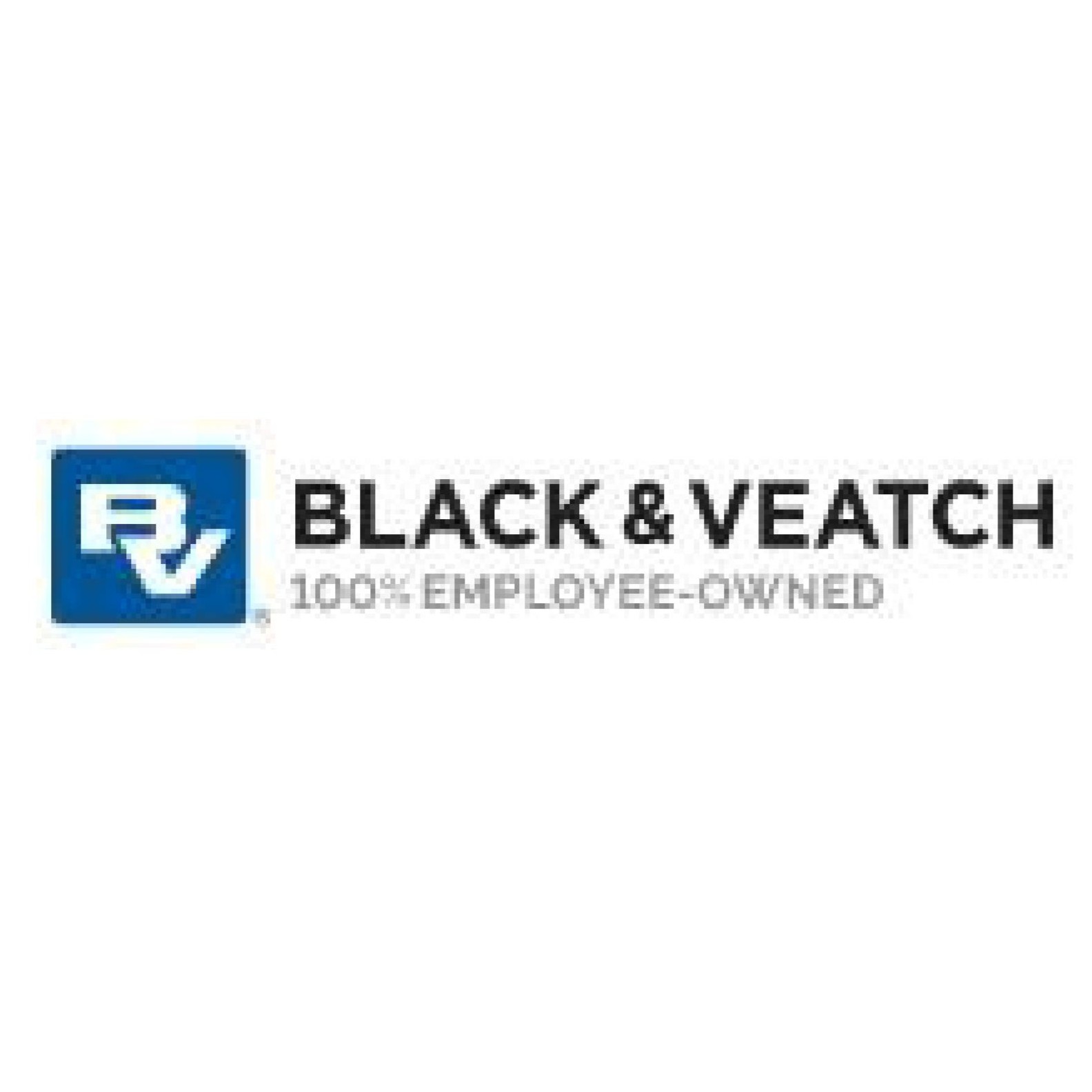BIOSOLIDS SPOTLIGHT JULY 2021 - Co-Digestion
Co-digestion of trucked-in high-strength organic wastes with a facility’s wastewater solids can present a special opportunity for energy self-sufficiency and additional revenues. But co-digestion is not a surefire winner. The Water Research Foundation completed in 2019 a study Food Waste Co-Digestion at Water Resource Recovery Facilities: Business Case Analysis which explored case studies across the country, including two in the MABA region. The findings of the study were well reported in a BioCycle magazine article Successful Business Strategies For Co-digestion At WRRFs (December 2019). These two reports layout the wide array of factors at play in whether co-digestion is a good choice. In the MABA region, here is a spotlight on facilities that are making it work.
The Derry Township Municipal Authority Clearwater WWTP
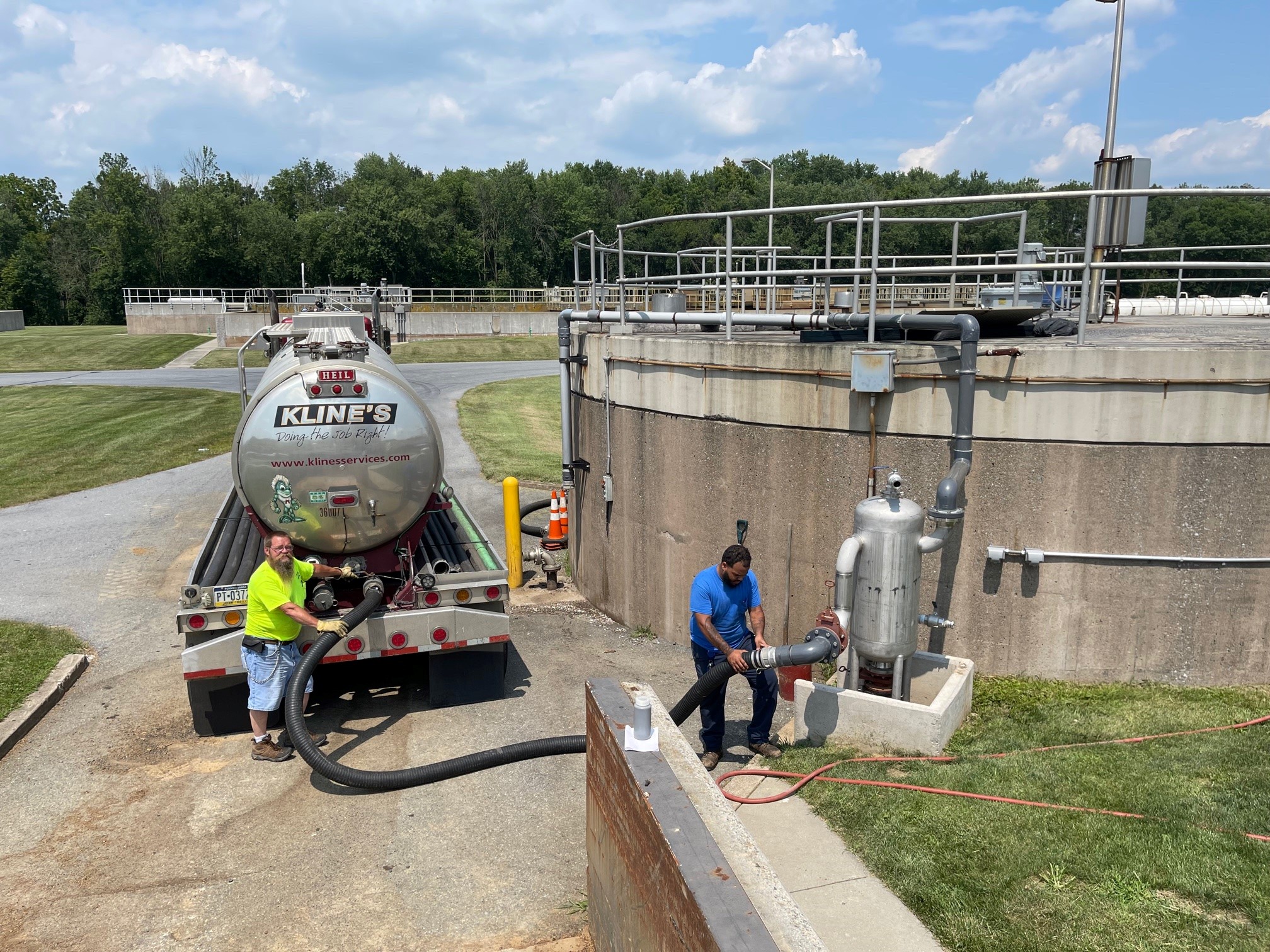
The Derry Township Municipal Authority (DTMA) Clearwater WWTP, located in Hershey, PA, treats an average flow of 5 MGD of municipal wastewater within its service area. The DTMA accepts hauled-in septage, FOG, and HSOW (high strength organic waste) that is biodegradable and non-toxic to biological treatment processes. The HSOW is fed to an egg-shaped digester, and liquid digested sludge is dewatered using a centrifuge or belt filter press to produce a Class B biosolids cake used by farmers as a fertilizer. The co-digestion process generates large quantities of methane (biogas). Currently the biogas is used for building and liquid digester sludge heating and as fuel for the cogeneration facility which generates electrical power for use in the plant. DTMA is embarking on a $14 million project to expand its capacity for energy recovery and beneficial reuse, which is the first phase of a larger plan to realize a vision of achieving and exceeding onsite energy neutrality through expanded co-digestion of HSOW. The project scope includes upgrading biogas storage, conditioning, and conveyance capacity, and constructing a new CHP building that houses two 1,000-kW CHP systems. Future projects include expanding digester capacity, installing an upgraded hauled-in waste receiving station, new dewatering equipment, and a new thermal drying system to produce Class A biosolids production. Two significant floods at the plant over the last 10 years had caused damage to the CHP and solids handling systems, which led DTMA to re-configure its solids handling and energy systems for sustainability into the future.
For more information, contact William G. Rehkop III, P.E., Executive Director, Derry Township Municipal Authority, 670 Clearwater Road, Hershey, PA, (717)566-3237, [email protected]
The Hermitage Municipal Authority
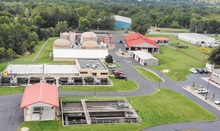 The Hermitage Municipal Authority ("Authority") completed upgrades at its Water Pollution Control Plant ("WPCP") in May 2014. This upgrade expanded wastewater treatment capacity and introduced a Two-Phase Anaerobic Digestion ("2P AD") complex to its plant operations. This 2PAD complex optimized the solids handling train by further promoting biosolids stabilization, biogas recovery, and generation of both heat and power. Biogas produced during the breakdown of volatile solids in the anaerobic digesters is collected and upgraded for several applications, including combustion fuels for combined heat and power generation. Although waste activated sludge has been the traditional source of feedstock for the digesters, the Authority vigorously pursued alternative feedstocks to improve biogas generation and yield, and for that purpose installed receiving facilities for milk and other liquids and pretreatment sequencing tanks. The food waste, mainly from commercial food manufacturers, has included ice cream, milk, fruit juice, and yogurt, and with the introduction of Veolia ECRUSORTM preprocessing equipment packaged waste can be accepted. Gas clean-up is accomplished by the BioSpark System, and the gas is both used to create electricity for the plant through Caterpillar 600 kVA biogas engines and used in municipal natural gas vehicles.
For more information, contact Tom Darby, superintendent, Hermitage Municipal Authority, 2133 Broadway Ave., Hermitage, PA 16148, (724) 347-347-4941, [email protected].
Harrisonburg-Rockingham Sewerage Authority
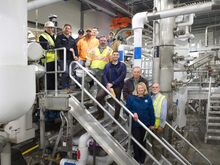 HRRSA provides wholesale wastewater treatment services to 5 municipal jurisdictions in the central Shenandoah Valley of Virginia. It serves a population of approximately 80,000 residents, and it owns the 22 MGD North River WWTF, which operates enhanced nutrient removal for compliance with strict standards of the Chesapeake Bay watershed. In late 2019, the Harrisonburg-Rockingham Regional Sewer Authority (HRRSA) commissioned a new thermal dryer system to produce Class A E/Q biosolids at its North River WWTF. HRRSA fuels this dryer with the gas produced by anaerobic digesters which stabilized both combined sludges, but also high-strength waste received from commercial sources. HRRSA also has heat recovery to leverage its digester gas for fueling the dryer system, thereby requiring zero supplemental propane. The MABA webinar of January 19, 2021, Sustainable Biosolids Management with Thermal Drying and Co-Digestion, with DJ Wacker (RK&K Engineers) and Sharon Foley (retiring Executive Director) describes lessons learned from both the Owner’s and Engineer’s perspectives. HRRSA provides wholesale wastewater treatment services to 5 municipal jurisdictions in the central Shenandoah Valley of Virginia. It serves a population of approximately 80,000 residents, and it owns the 22 MGD North River WWTF, which operates enhanced nutrient removal for compliance with strict standards of the Chesapeake Bay watershed. In late 2019, the Harrisonburg-Rockingham Regional Sewer Authority (HRRSA) commissioned a new thermal dryer system to produce Class A E/Q biosolids at its North River WWTF. HRRSA fuels this dryer with the gas produced by anaerobic digesters which stabilized both combined sludges, but also high-strength waste received from commercial sources. HRRSA also has heat recovery to leverage its digester gas for fueling the dryer system, thereby requiring zero supplemental propane. The MABA webinar of January 19, 2021, Sustainable Biosolids Management with Thermal Drying and Co-Digestion, with DJ Wacker (RK&K Engineers) and Sharon Foley (retiring Executive Director) describes lessons learned from both the Owner’s and Engineer’s perspectives.
For more information, contact: Greg Thomasson. [email protected]. and 540.434.1053 at the Harrisonburg-Rockingham Regional Sewerage Authority, 856 North River Road, Mount Crawford, Virginia, 22841.
The Landis Sewerage Authority
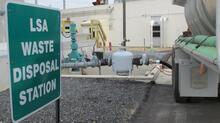 The Landis Sewerage Authority (LSA), located in Vineland NJ operates a 10.2 MGD advanced treatment facility (nitrification/denitrification) and has been accepting FOG, liquid food waste, and small deliveries of cow manure since December 2014 for addition to its anaerobic digesters. The goal to start this acceptance was multifaceted: to provide an environmentally sound disposal/utilization option for serval local food processors, to eliminate the then practice of hauling treatment plant grease/scum for incineration, and to increase methane production for CHP to produce electrical power and hot water. The result is gas production is up by over 50%. The digested solids are applied to the LSA’s 380-acre farm to grow corn, hay, small grains as well as straw, and the solids are also applied to over 150 acres of woodlands for increased tree growth for an eventual legacy crop for pulp and paper and ongoing habitat. Woodlands are also an ideal application alternative when farm fields may not be accessible. Volatile Acid/Alkalinity ratios have increased, as has gas production. While prior to the addition of the extra feedstock this ratio was at the low end of textbook levels of 0.05-0.07, for the last 3.5 years the ratio has averaged 0.105. In the early years, only 30,000 - 40,000 gallons of feedstock were received per month, but deliveries grew to 130,000-180,000 per month in 2017 and 2018, and now in 2021 a total of 250,000 to 350,000 gallons per month are being delivered. The Landis Sewerage Authority (LSA), located in Vineland NJ operates a 10.2 MGD advanced treatment facility (nitrification/denitrification) and has been accepting FOG, liquid food waste, and small deliveries of cow manure since December 2014 for addition to its anaerobic digesters. The goal to start this acceptance was multifaceted: to provide an environmentally sound disposal/utilization option for serval local food processors, to eliminate the then practice of hauling treatment plant grease/scum for incineration, and to increase methane production for CHP to produce electrical power and hot water. The result is gas production is up by over 50%. The digested solids are applied to the LSA’s 380-acre farm to grow corn, hay, small grains as well as straw, and the solids are also applied to over 150 acres of woodlands for increased tree growth for an eventual legacy crop for pulp and paper and ongoing habitat. Woodlands are also an ideal application alternative when farm fields may not be accessible. Volatile Acid/Alkalinity ratios have increased, as has gas production. While prior to the addition of the extra feedstock this ratio was at the low end of textbook levels of 0.05-0.07, for the last 3.5 years the ratio has averaged 0.105. In the early years, only 30,000 - 40,000 gallons of feedstock were received per month, but deliveries grew to 130,000-180,000 per month in 2017 and 2018, and now in 2021 a total of 250,000 to 350,000 gallons per month are being delivered.
For more information, contact Dennis W. Palmer, P.E. Executive Director, Landis Sewerage Authority, 1776 S. Mill Rd, Vineland, NJ 08360, (856) 691-0551, [email protected].
NYC DEP's Newton Creek Wastewater Resource Recovery Facility
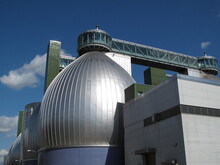 NYC DEP’s Newtown Creek Wastewater Resource Recovery Facility in Brooklyn has, arguably, the most recognizable set of digesters in the county, eight 145-foot-tall egg digesters, as it receives press coverage each Valentine’s Day for the tours it gives to romantic lovers atop the digesters. But notable for co-digestion has been the pioneering, in several of the Newtown digesters, the inclusion of food waste. The food waste is a slurry feed supplied by Waste Management from its proprietary technique for processing commercial post-consumer food waste, the “CORe” process, into an Engineered BioSlurry. Commencing in 2016, the successful pilot is now considered a routine operation. The COVID pandemic has caused what is hopefully only a temporary dip in the slurry volumes delivered to Newtown. The digester gas from Newtown digesters will soon be cleaned and dried to standards of natural gas and delivered to a neighboring National Grid gas line by early next year. The pilot project took in approximately 20 tons of slurry daily to Newtown, which considering the City’s over a half million tons of recoverable food waste annually, is a small amount. The Newtown system is capable of a throughput of up to 250 tons daily, which DEP hopes to meet as the pandemic recedes and the City bounces back. NYC DEP’s Newtown Creek Wastewater Resource Recovery Facility in Brooklyn has, arguably, the most recognizable set of digesters in the county, eight 145-foot-tall egg digesters, as it receives press coverage each Valentine’s Day for the tours it gives to romantic lovers atop the digesters. But notable for co-digestion has been the pioneering, in several of the Newtown digesters, the inclusion of food waste. The food waste is a slurry feed supplied by Waste Management from its proprietary technique for processing commercial post-consumer food waste, the “CORe” process, into an Engineered BioSlurry. Commencing in 2016, the successful pilot is now considered a routine operation. The COVID pandemic has caused what is hopefully only a temporary dip in the slurry volumes delivered to Newtown. The digester gas from Newtown digesters will soon be cleaned and dried to standards of natural gas and delivered to a neighboring National Grid gas line by early next year. The pilot project took in approximately 20 tons of slurry daily to Newtown, which considering the City’s over a half million tons of recoverable food waste annually, is a small amount. The Newtown system is capable of a throughput of up to 250 tons daily, which DEP hopes to meet as the pandemic recedes and the City bounces back.
For more information visit Closing the Loop: When Wastewater Treatment Becomes Resource Recovery | by NYC Water Staff | NYC Water | Medium or, contact Jen McDonnell, Resource Recovery Program Manager, NYC Department of Environmental Protection, (718) 596-5996, [email protected].
|

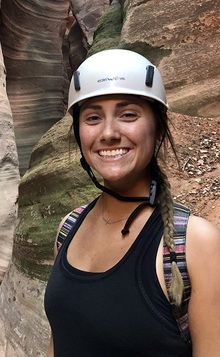
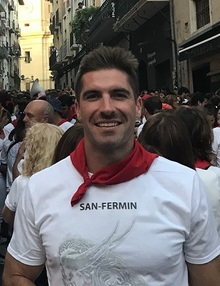 DJ Wacker
DJ Wacker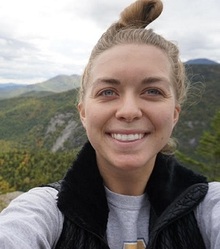 Emma Yates
Emma Yates Garrett Benisch
Garrett Benisch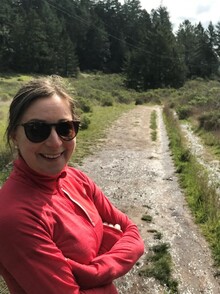 Kelli Timbrook
Kelli Timbrook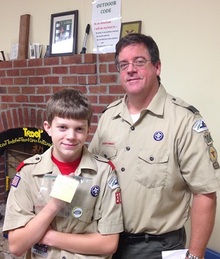 Bryan Cauthorn (
Bryan Cauthorn (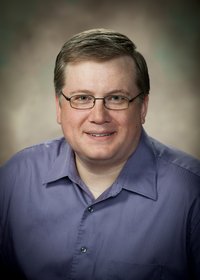 Aaron Stephens, Material Matters, 717-367-9697, x-103,
Aaron Stephens, Material Matters, 717-367-9697, x-103, 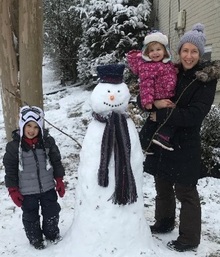
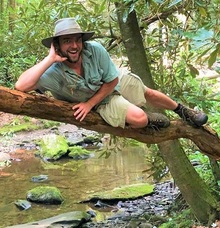 Justin Wippo, Technical Manager for Thermal Process Systems (
Justin Wippo, Technical Manager for Thermal Process Systems (
 The Hermitage Municipal Authority ("Authority") completed upgrades at its Water Pollution Control Plant ("WPCP") in May 2014. This upgrade expanded wastewater treatment capacity and introduced a Two-Phase Anaerobic Digestion ("2P AD") complex to its plant operations. This 2PAD complex optimized the solids handling train by further promoting biosolids stabilization, biogas recovery, and generation of both heat and power. Biogas produced during the breakdown of volatile solids in the anaerobic digesters is collected and upgraded for several applications, including combustion fuels for combined heat and power generation. Although waste activated sludge has been the traditional source of feedstock for the digesters, the Authority vigorously pursued alternative feedstocks to improve biogas generation and yield, and for that purpose installed receiving facilities for milk and other liquids and pretreatment sequencing tanks. The food waste, mainly from commercial food manufacturers, has included ice cream, milk, fruit juice, and yogurt, and with the introduction of Veolia ECRUSORTM preprocessing equipment packaged waste can be accepted. Gas clean-up is accomplished by the BioSpark System, and the gas is both used to create electricity for the plant through Caterpillar 600 kVA biogas engines and used in municipal natural gas vehicles.
The Hermitage Municipal Authority ("Authority") completed upgrades at its Water Pollution Control Plant ("WPCP") in May 2014. This upgrade expanded wastewater treatment capacity and introduced a Two-Phase Anaerobic Digestion ("2P AD") complex to its plant operations. This 2PAD complex optimized the solids handling train by further promoting biosolids stabilization, biogas recovery, and generation of both heat and power. Biogas produced during the breakdown of volatile solids in the anaerobic digesters is collected and upgraded for several applications, including combustion fuels for combined heat and power generation. Although waste activated sludge has been the traditional source of feedstock for the digesters, the Authority vigorously pursued alternative feedstocks to improve biogas generation and yield, and for that purpose installed receiving facilities for milk and other liquids and pretreatment sequencing tanks. The food waste, mainly from commercial food manufacturers, has included ice cream, milk, fruit juice, and yogurt, and with the introduction of Veolia ECRUSORTM preprocessing equipment packaged waste can be accepted. Gas clean-up is accomplished by the BioSpark System, and the gas is both used to create electricity for the plant through Caterpillar 600 kVA biogas engines and used in municipal natural gas vehicles.  HRRSA provides wholesale wastewater treatment services to 5 municipal jurisdictions in the central Shenandoah Valley of Virginia. It serves a population of approximately 80,000 residents, and it owns the 22 MGD North River WWTF, which operates enhanced nutrient removal for compliance with strict standards of the Chesapeake Bay watershed. In late 2019, the Harrisonburg-Rockingham Regional Sewer Authority (HRRSA) commissioned a new thermal dryer system to produce Class A E/Q biosolids at its North River WWTF. HRRSA fuels this dryer with the gas produced by anaerobic digesters which stabilized both combined sludges, but also high-strength waste received from commercial sources. HRRSA also has heat recovery to leverage its digester gas for fueling the dryer system, thereby requiring zero supplemental propane. The MABA webinar of January 19, 2021, S
HRRSA provides wholesale wastewater treatment services to 5 municipal jurisdictions in the central Shenandoah Valley of Virginia. It serves a population of approximately 80,000 residents, and it owns the 22 MGD North River WWTF, which operates enhanced nutrient removal for compliance with strict standards of the Chesapeake Bay watershed. In late 2019, the Harrisonburg-Rockingham Regional Sewer Authority (HRRSA) commissioned a new thermal dryer system to produce Class A E/Q biosolids at its North River WWTF. HRRSA fuels this dryer with the gas produced by anaerobic digesters which stabilized both combined sludges, but also high-strength waste received from commercial sources. HRRSA also has heat recovery to leverage its digester gas for fueling the dryer system, thereby requiring zero supplemental propane. The MABA webinar of January 19, 2021, S The Landis Sewerage Authority (LSA), located in Vineland NJ operates a 10.2 MGD advanced treatment facility (nitrification/denitrification) and has been accepting FOG, liquid food waste, and small deliveries of cow manure since December 2014 for addition to its anaerobic digesters. The goal to start this acceptance was multifaceted: to provide an environmentally sound disposal/utilization option for serval local food processors, to eliminate the then practice of hauling treatment plant grease/scum for incineration, and to increase methane production for CHP to produce electrical power and hot water. The result is gas production is up by over 50%. The digested solids are applied to the LSA’s 380-acre farm to grow corn, hay, small grains as well as straw, and the solids are also applied to over 150 acres of woodlands for increased tree growth for an eventual legacy crop for pulp and paper and ongoing habitat. Woodlands are also an ideal application alternative when farm fields may not be accessible. Volatile Acid/Alkalinity ratios have increased, as has gas production. While prior to the addition of the extra feedstock this ratio was at the low end of textbook levels of 0.05-0.07, for the last 3.5 years the ratio has averaged 0.105. In the early years, only 30,000 - 40,000 gallons of feedstock were received per month, but deliveries grew to 130,000-180,000 per month in 2017 and 2018, and now in 2021 a total of 250,000 to 350,000 gallons per month are being delivered.
The Landis Sewerage Authority (LSA), located in Vineland NJ operates a 10.2 MGD advanced treatment facility (nitrification/denitrification) and has been accepting FOG, liquid food waste, and small deliveries of cow manure since December 2014 for addition to its anaerobic digesters. The goal to start this acceptance was multifaceted: to provide an environmentally sound disposal/utilization option for serval local food processors, to eliminate the then practice of hauling treatment plant grease/scum for incineration, and to increase methane production for CHP to produce electrical power and hot water. The result is gas production is up by over 50%. The digested solids are applied to the LSA’s 380-acre farm to grow corn, hay, small grains as well as straw, and the solids are also applied to over 150 acres of woodlands for increased tree growth for an eventual legacy crop for pulp and paper and ongoing habitat. Woodlands are also an ideal application alternative when farm fields may not be accessible. Volatile Acid/Alkalinity ratios have increased, as has gas production. While prior to the addition of the extra feedstock this ratio was at the low end of textbook levels of 0.05-0.07, for the last 3.5 years the ratio has averaged 0.105. In the early years, only 30,000 - 40,000 gallons of feedstock were received per month, but deliveries grew to 130,000-180,000 per month in 2017 and 2018, and now in 2021 a total of 250,000 to 350,000 gallons per month are being delivered. NYC DEP’s Newtown Creek Wastewater Resource Recovery Facility in Brooklyn has, arguably, the most recognizable set of digesters in the county, eight 145-foot-tall egg digesters, as it receives press coverage each Valentine’s Day for the tours it gives to romantic lovers atop the digesters. But notable for co-digestion has been the pioneering, in several of the Newtown digesters, the inclusion of food waste. The food waste is a slurry feed supplied by Waste Management from its proprietary technique for processing commercial post-consumer food waste, the “CORe” process, into an Engineered BioSlurry. Commencing in 2016, the successful pilot is now considered a routine operation. The COVID pandemic has caused what is hopefully only a temporary dip in the slurry volumes delivered to Newtown. The digester gas from Newtown digesters will soon be cleaned and dried to standards of natural gas and delivered to a neighboring National Grid gas line by early next year. The pilot project took in approximately 20 tons of slurry daily to Newtown, which considering the City’s over a half million tons of recoverable food waste annually, is a small amount. The Newtown system is capable of a throughput of up to 250 tons daily, which DEP hopes to meet as the pandemic recedes and the City bounces back.
NYC DEP’s Newtown Creek Wastewater Resource Recovery Facility in Brooklyn has, arguably, the most recognizable set of digesters in the county, eight 145-foot-tall egg digesters, as it receives press coverage each Valentine’s Day for the tours it gives to romantic lovers atop the digesters. But notable for co-digestion has been the pioneering, in several of the Newtown digesters, the inclusion of food waste. The food waste is a slurry feed supplied by Waste Management from its proprietary technique for processing commercial post-consumer food waste, the “CORe” process, into an Engineered BioSlurry. Commencing in 2016, the successful pilot is now considered a routine operation. The COVID pandemic has caused what is hopefully only a temporary dip in the slurry volumes delivered to Newtown. The digester gas from Newtown digesters will soon be cleaned and dried to standards of natural gas and delivered to a neighboring National Grid gas line by early next year. The pilot project took in approximately 20 tons of slurry daily to Newtown, which considering the City’s over a half million tons of recoverable food waste annually, is a small amount. The Newtown system is capable of a throughput of up to 250 tons daily, which DEP hopes to meet as the pandemic recedes and the City bounces back.